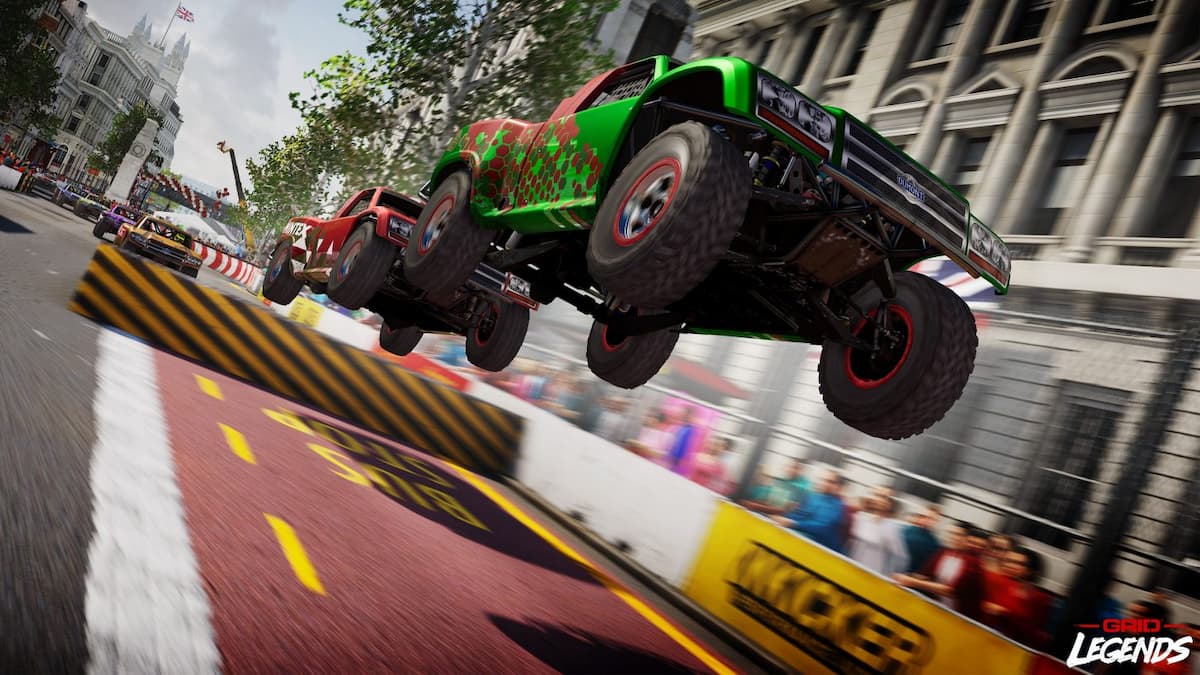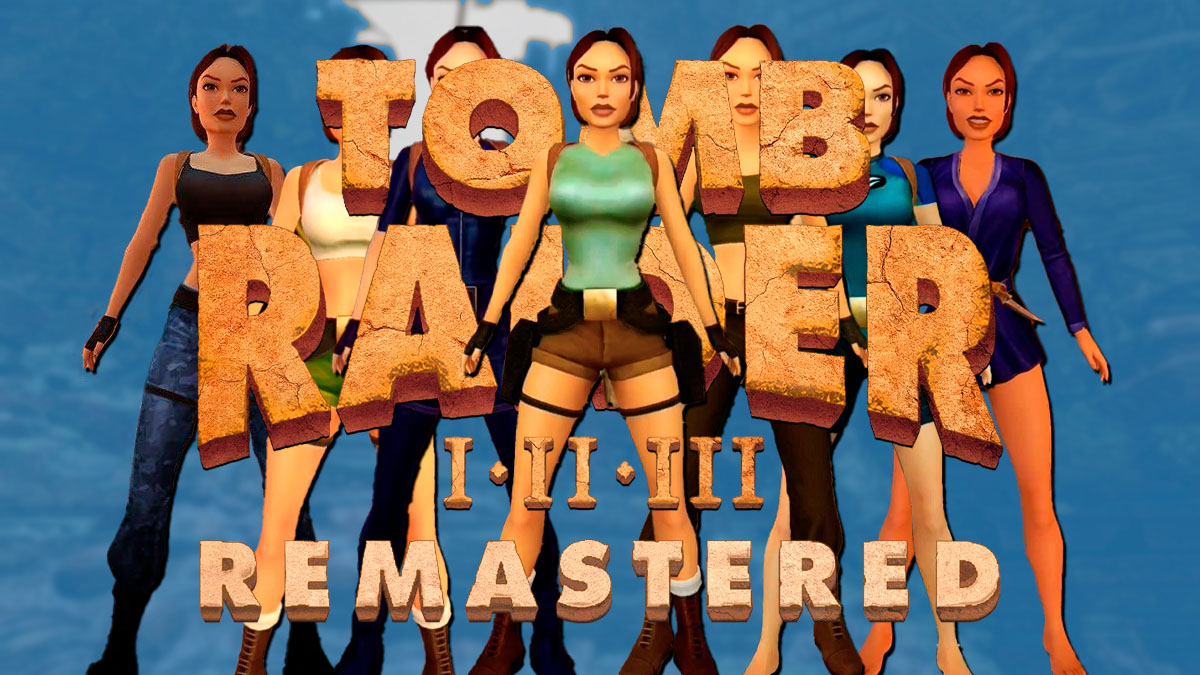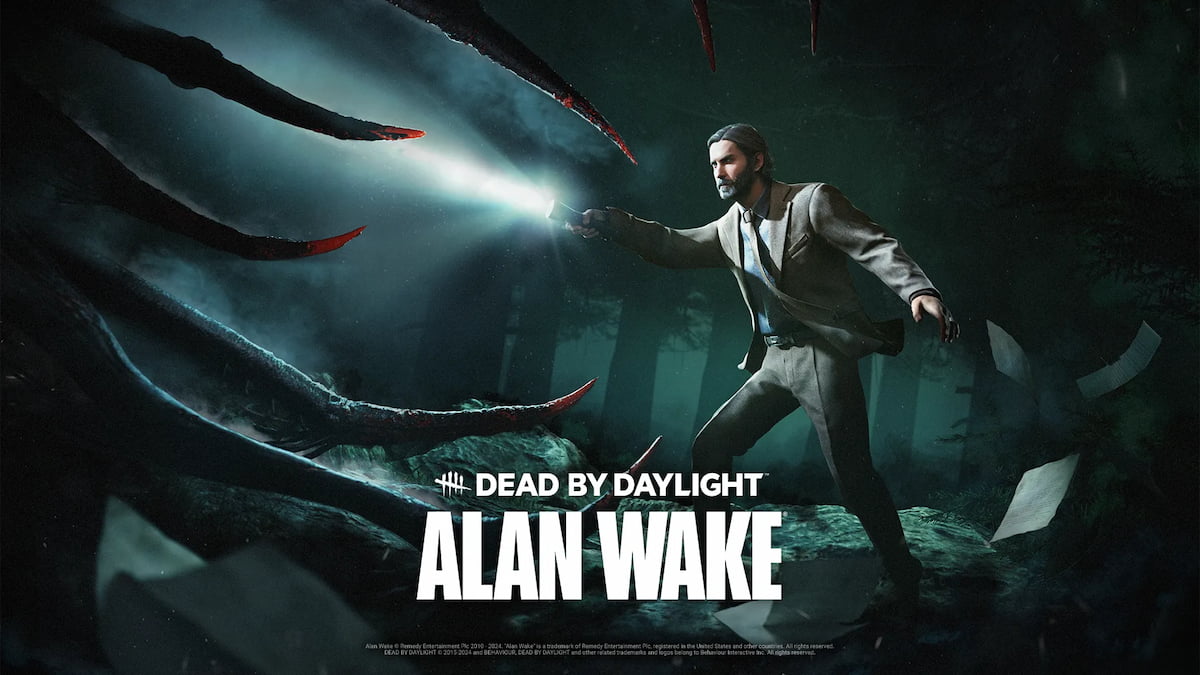As a disabled person with Cerebral Palsy, racing games often sit in a strange middle ground. In some sense, they are more approachable because they require using fewer buttons, but because of my disability, I’m unable to ever drive in real life. This means that when a series swings into realism, I tend to get lost, struggling to make the correct read on turns or speed on a certain straightaway.
In November 2021, Forza Horizon 5 was released on Xbox Game Pass. The low cost of entry made it the perfect game to just boot up and play. It was extremely useful for finally understanding the actual mechanics of racing. I began to understand the purpose of the racing line, for example. This helped me feel more confident going into the release of GRID Legends.
So how does GRID Legends stack up in terms of accessibility? Well, for starters, it’s clear from boot up that this is only an EA-published game. All of the decisions around accessibility come from Codemasters. This game lacks the very common menu narration and colorblindness features found in the EA Sports catalog of games.
Perhaps the best accessibility feature comes by necessity. This is a racing game, and as such, it is expected that some players will want to use racing peripherals. In order to make sure that racing wheels work in the menu navigation, the game features full remapping. I’m fully hopeful that not only will this become standard for not only every Codemasters release, but hopefully the rest of the EA lineup as well.
Other features come standard but don’t push things forward in the same way. Subtitles are present, and speakers are identified, but there’s no option to change the text size. GRID Legends features 5 difficulty levels for racing AI, but provides little context for what changes. On the lowest difficulty, I can clear events with a full 5-second lead, and then on the next difficulty up, I struggle to stay out of last place.
Frustratingly, my personal biggest accessibility hurdle comes not from a lack of inclusion, but rather a feature that fails to go far enough. Rewinding is limited to 3 times per race. This makes sense in the world of the Codemasters F1 video game where simulation is important, but GRID is a fantasy land where each driver is an ace at absolutely every racing discipline on earth without specialized training. GRID is a game where you face absolutely no discipline for contact with other racers, but if you happen to collide with a piece of the environment, you slam into it like you just had a head-on collision with a wall. Most of my time with GRID Legends has been frustration for doing fine enough in a race, only to accidentally take the final corner badly, be stuck with 0 rewinds, and have to start those seven minutes over again. This is anti-fun, especially when rewinding can only be used offline and alone anyway. Just to be clear here, there’s a simple fix to this. Instead of a binary option to either have or not have rewinds, change the language to limited or unlimited rewinds and include an off button for the audience that wants to stay in step with the online ruleset.
Ultimately, GRID Legends makes a good-faith effort that doesn’t push anyone away, but fails to make a pitch that this could be a game for everyone. The joy that I feel from hitting a straightaway at 140 MPH is dragged down by the self-loathing I feel from having to restart a race for the 8th time because I’m out of rewinds. This cuts to the heart of the accessibility struggle. If I have to work harder than your game is willing to reward me, it all starts to fall apart.







Published: Feb 24, 2022 08:00 am